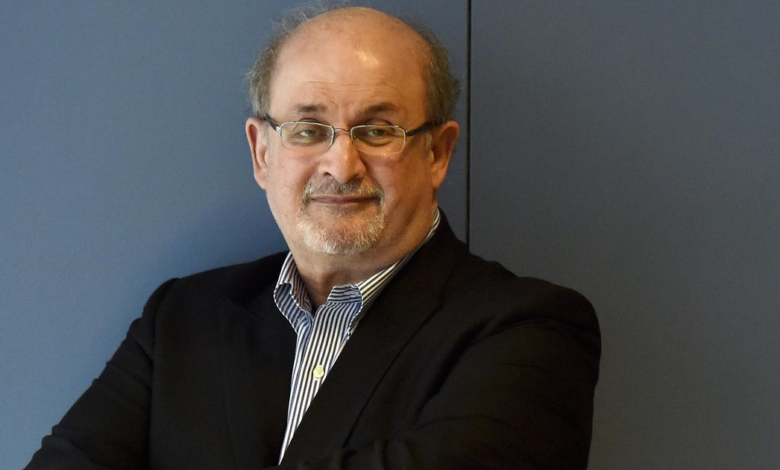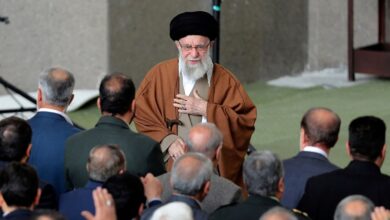Why Didn’t Salman Rushdie Receive The Literature Nobel Prize?

Salman Rushdie, an Indian-born author, came close to winning the Nobel Prize in literature. Almost. He and I were this close together! We stopped mentally converting 10 million Swedish kronor into Indian rupees only when he didn’t, despite being the favorite of the bookies in a close race with Annie Ernaux from France (who won it), Ngugi Wa Thiong’o from Kenya, Haruki Murakami from Japan, Jon Fosse from Norway, Antigua-born Jamaica Kincaid, etc. Our understanding of magic realism came to an end right outside our front door.
Of course, if Rushdie had won, a contentious discussion over Ernaux’s defeat would have ensued, which we might have evaluated for merit in a cool, cerebral manner. Our hearts are racing and our fists are clenched as we scream “why oh why didn’t he win” though. Do you recall when Bob Dylan won? Treble and bass were both responses. However, this is now an emotive matter rather than the usual for or against that newspapers engage in.
Ernaux is the 16th French writer to win the Nobel Prize; Rushdie would have been the only Indian to do so; Rabindranath Tagore received the award for Gitanjali in 1913. Rushdie, who is 75 years old, is younger than she is and, fingers crossed, might win this award in the future, but this year, his supporters yearned for him to win it for a variety of reasons. First is that they appreciate how he liberated the English language and gave it an Indian flavor. Second, after a fatwa was issued against him in 1989 as a result of the publishing of his novel Satanic Verses, he was forced into hiding and forced to live a nightmare existence. Third, approximately two months ago in New York, he was strangely stabbed while speaking on stage.
The timing of the prize would have somehow made up for what can only be described as a series of tragic occurrences, thought his readers. The same supporters counter that this would have appeared as a sympathy reward in that case.
Born in Bombay on June 19, 1947, he is known as the Bombay boy among Indians. He attended Fort’s Cathedral John Connon School for his education.
You cannot avoid the abracadabra he performs with each word, whether you read Midnight’s Children, Shame, The Moor’s Last Sigh, Joseph Anton, Shalimar the Clown, or East, West. Rushdie writes in the fiction and nonfiction categories.
His ties to Indian culture, his ancestry, and the descriptions of Indians in his writings. Considering how much we identify with the Indianness in his books and in him, his victory would have been without a doubt our victory—something to be proud of forever. Which explains the anxious anticipation for the Nobel Prize in literature announcement on October 6 and the profound sadness felt when it was announced that someone else, not him, had won.
News Mania Desk






